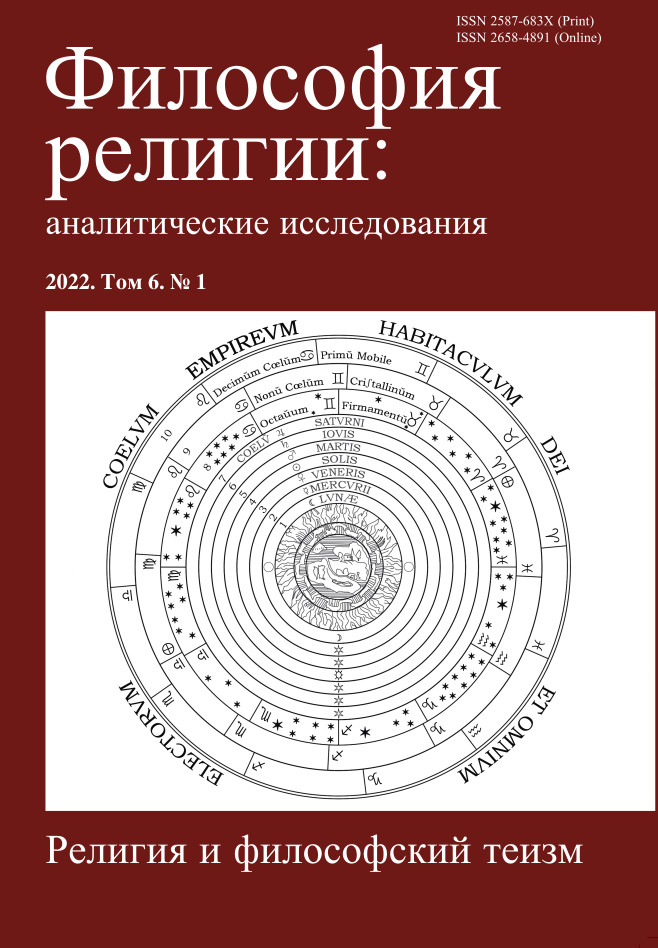John Wisdom’s Philosophy of Religion and Philosophical Theology in the Early Wittgensteinianism
DOI:
https://doi.org/10.21146/2587-683X-2022-6-1-5-23Keywords:
philosophy of religion, John Wisdom, Ludwig Wittgenstein, analytic and synthetic propositions, philosophy of language, neopositivism, philosophical theology, the Wittgensteinian traditionAbstract
The article deals with the question of whether and how the early Wittgensteinian philosophy of religion could be related to the idea of philosophical theology. Despite the bearing the Wittgensteinian tradition has had on a variety of theological developments, it remains unclear what from its philosophical practice and which of its philosophical hinges could be connected to theology in the first place. The argument proposed in the article is that philosophical theology within the early Wittgensteinian tradition (1930s–1940s) was concerned with the philosophical problems which were irrelevant to the theological ones. Outlining the context of the Wittgensteinian reasoning on religion and showing that it was crucial for a few of Wittgenstein’s followers, especially for John Wisdom (1904–1993), gives additional ground to this argument. It appears that the hinges Wisdom adopted from Wittgenstein – most importantly the descriptivist attitude and the idea of language as the only appropriate field for being observed philosophically – follow philosophical, rather than religious, commitments. One can see this by comparison of Wisdom’s views, esp. “the garden” argument, with those of Antony Flew, Richard Hare, and Basil Mitchell, who participated in the discussion, which can be regarded as the rise of the new philosophical theology. Whereas each of these philosophers developed one of Wisdom’s ideas – the discursive, the referential, and the contextualist aspects of God-talk – Wisdom had held the combination of these ideas. Paradoxically, this complexity came from Wisdom’s uncertainty as to the existence of a strict line between the analytic and the empirical propositions in real language. However, as a result, the philosopher understood the ontological dimension of God-talk, and yet could not make ontological verdicts, which makes this type of reasoning philosophically insightful yet theologically insignificant.Downloads
Published
2022-04-19
Issue
Section
CONCEPTS AND CATEGORIES
How to Cite
John Wisdom’s Philosophy of Religion and Philosophical Theology in the Early Wittgensteinianism. (2022). Philosophy of Religion: Analytic Researches, 6(1), 5-23. https://doi.org/10.21146/2587-683X-2022-6-1-5-23

 This work is licensed under a
This work is licensed under a 
